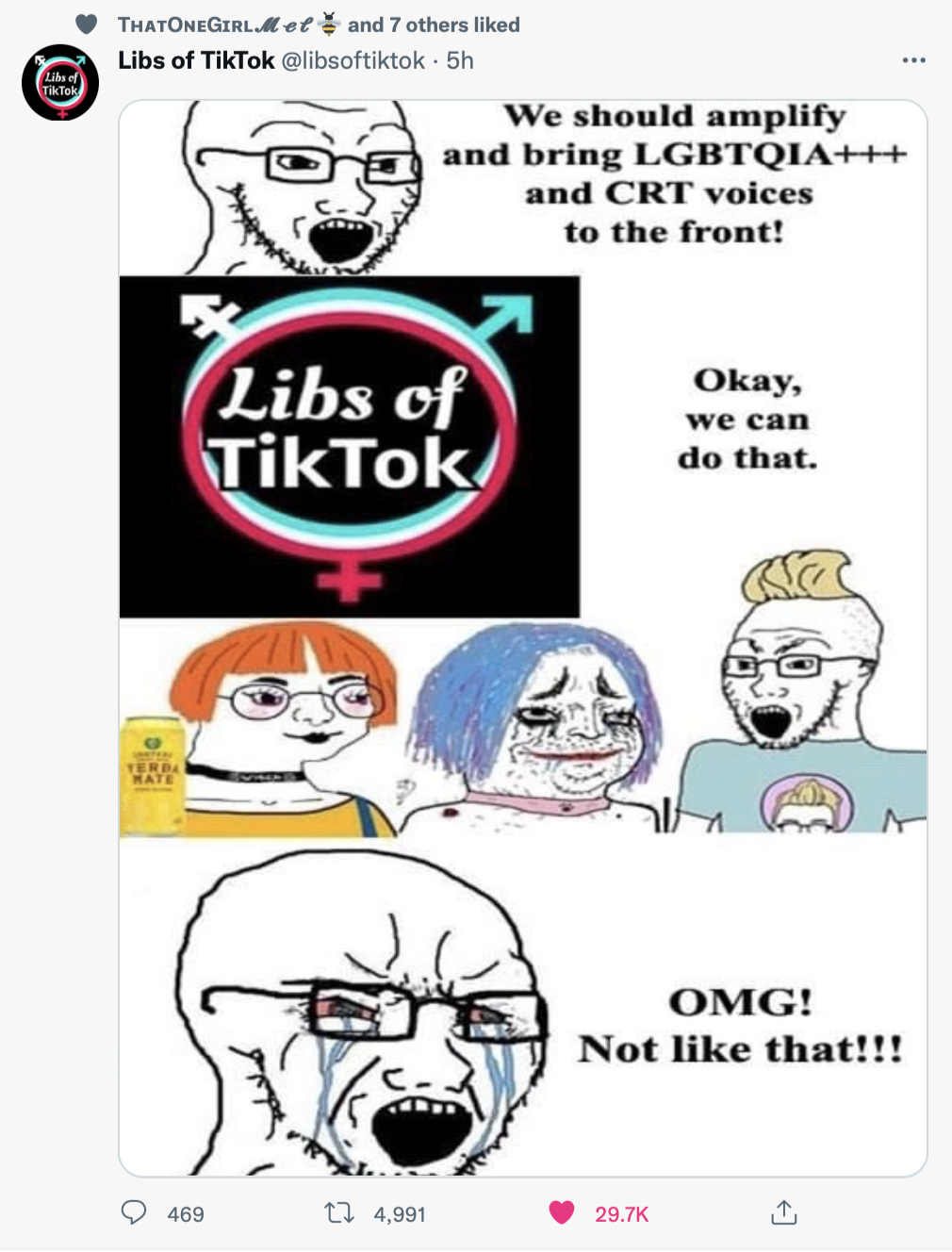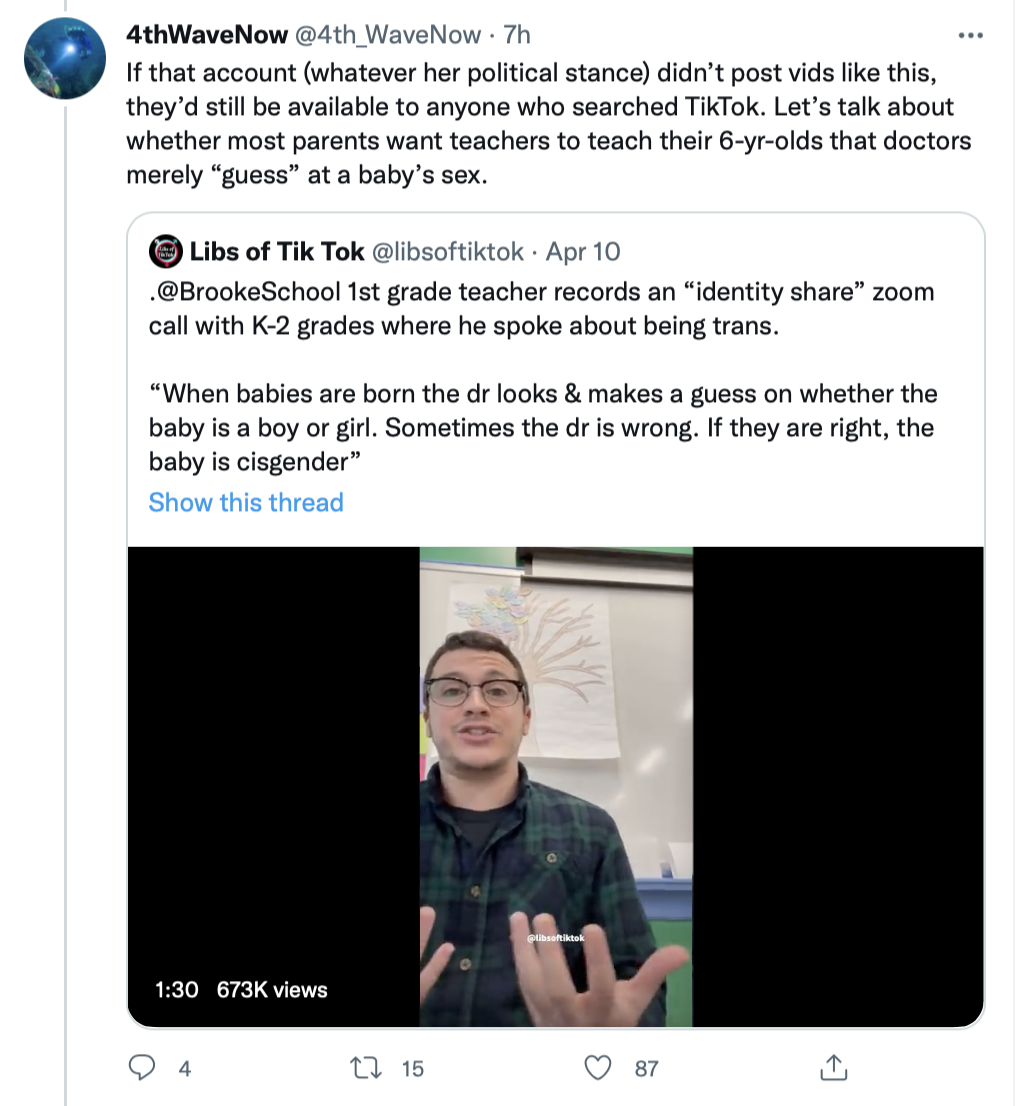FAIR Educates a University About Segregated “Listening Sessions”
Update from Foundation Against Intolerance and Racism's (FAIR) Legal Team. It's interested that the University thought it had to divide the students by "race" in order to have a "listening session":
On April 13th, our legal team sent a letter to Anderson University president, John Pistole, in response to a FAIR Transparency report about upcoming “listening sessions” segregated by skin color. We informed Pistole that this would violate Title VI of the Civil Rights Act.
The stated reason for these segregated sessions was to ensure “a safe space where students can voice their opinions freely,” but many other non-discriminatory alternatives are readily available, such as encouraging students to speak openly and freely, allowing equal time for each student who wishes to speak, the ability to speak anonymously, and articulating rules and expectations for respectful conduct and dialogue. The message that it is “unsafe” to be around those who do not share the same skin color stigmatizes everyone.
We are happy to report that Anderson University has recognized the divisive nature of this proposed practice, and has reconsidered its approach to providing an open and inviting environment for all.


